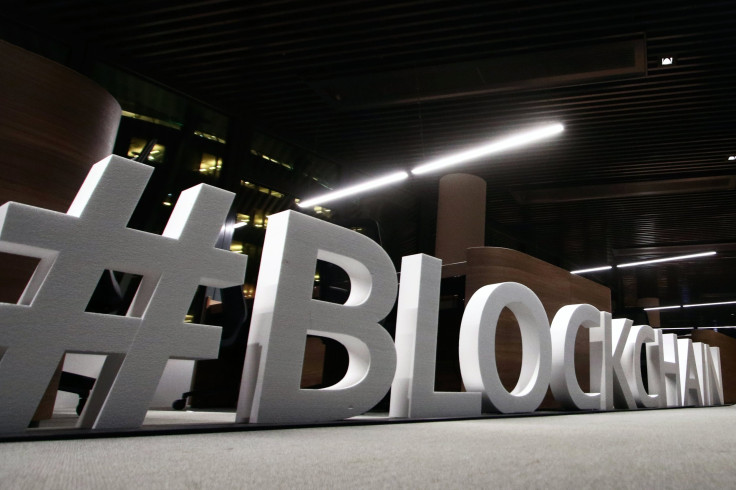Blockchain Applications: What Industries Could Use The New Technology?

Without a doubt, “blockchain” has become the tech industry’s hot new buzzword, but in reality how much do you truly know about the practical applications of blockchain technology? You may know blockchain is the technology behind Bitcoin, but it can also revolutionize entirely how several other industries operate.
When talking about the potential of blockchain, Bitcoin is only the tip of the iceberg. In fact, to blockchain and crypto insiders, Bitcoin is a bit antiquated. Other coins, such as Ethereum 4.0 and EOS 3.0, have proven to be more efficient with infinitely faster transaction speeds and greatly reduced mining costs.
But where else is there a practical use for blockchain? Let's take a look at what this technology can really do and how it’s certainly going to impact many, if not all the aspects of our daily lives.
Logistics, retail, and e-commerce:
To see one of the major applications of Blockchain beyond cryptocurrency, look no further than the biggest online retailer whose name begins with A and who is closing in on a trillion-dollar stock market valuation. I am speculating upon potential uses for blockchain technology in the space it dominates. The technology allows you to track goods from field to fork, from factory to front door. And what use is that? It creates a defined framework that can accurately track goods reaching consumers with less human error, less slippage or pilfering and with greater accuracy; in essence, blockchain could easily improve the logistical management for the supply of food, goods, and even services from company to end consumer. One of the major threats to cost in retail is internal pilfering. This threat can be remedied by using a blockchain ledger throughout the delivery process which, in turn, decrease the risk and cost to companies. In this instance, the ideal use of blockchain would be a hyperledger fabric framework, also known as a private blockchain. Private blockchains are an application of the technology built entirely for the private use of an organization.
Healthcare:
We all know (even if we may not have directly experienced) how disjointed the healthcare system can be at times of considerable need or crisis; blockchain could be a seamless solution to this issue by providing vital medical data and history securely between two institutions. Storing and transferring patient data through blockchain means healthcare providers will have access to a complete log of a patient’s medical history. Doctors will know all the information necessary to treat new patients, removing the possibility for human error like memory lapses or lost paperwork. In emergency cases, quick transmission of important medical information could mean the difference between life and death.
Recruitment:
Just hired a new employee? Have you checked their references? Are you sure they are who they say they are? Well, an accurate ERC20 public blockchain record is exactly what you need from their previous employer, ensuring the references they provided haven’t been changed, for example, or that the phone numbers they’ve provided don’t belong to the new candidate’s best friend. It’s protection, ultimately, against fraud. Discrepancies and fraudulent claims are rife in the hiring process, and it is said that as many as 85 percent of candidates lie in their resume. As a professional from the recruitment industry, I can tell you it is true. The outcome of problems like this can result in a huge cost to the industry through failed placement, wasted training, wasted onboarding, and reduced productivity. However, if blockchain — with its fool-proof anti-fraud properties — is incorporated into the industry, the future of recruitment looks to be far more honest. When considering the true cost of failed placement, blockchain offers a very compelling solution with an extremely high return on investment.
A decentralized ecosystem
Let’s speculate a little, and try peek into the future and think about how blockchain might develop. Imagine for a second a decentralized online ecosystem, where everyday users interact with everything directly without any mediating centralized organizations like social sites or retail platforms, since blockchain allows for trustworthy interactions by providing all of the credibility one needs to make accurate decisions. Sounds like a pie in the sky? Well, pick up your fork and put on your jetpack, because technology will eventually remove many of the brands you and I know and replace them with... us. Direct dealings on every level, in every sector, for every conceivable need.
One thing you can be certain of: blockchain is here to stay, and most of the world’s largest brands are quickly finding the best way to utilize the properties of this technology to secure their future in a blockchain-driven world.
Arran James Stewart is the co-owner of blockchain recruitment platform Job.com.
© Copyright IBTimes 2024. All rights reserved.





















